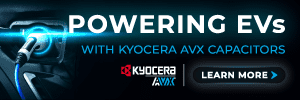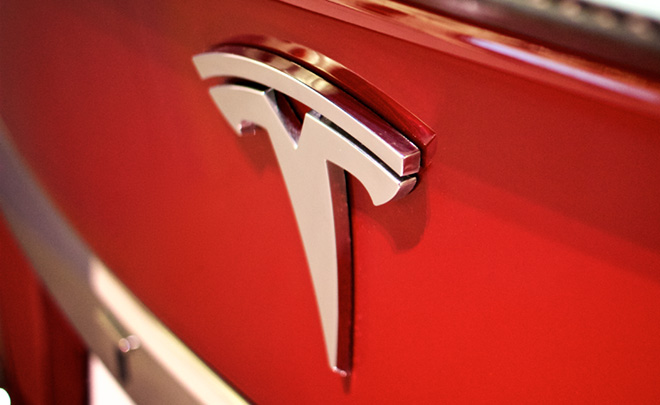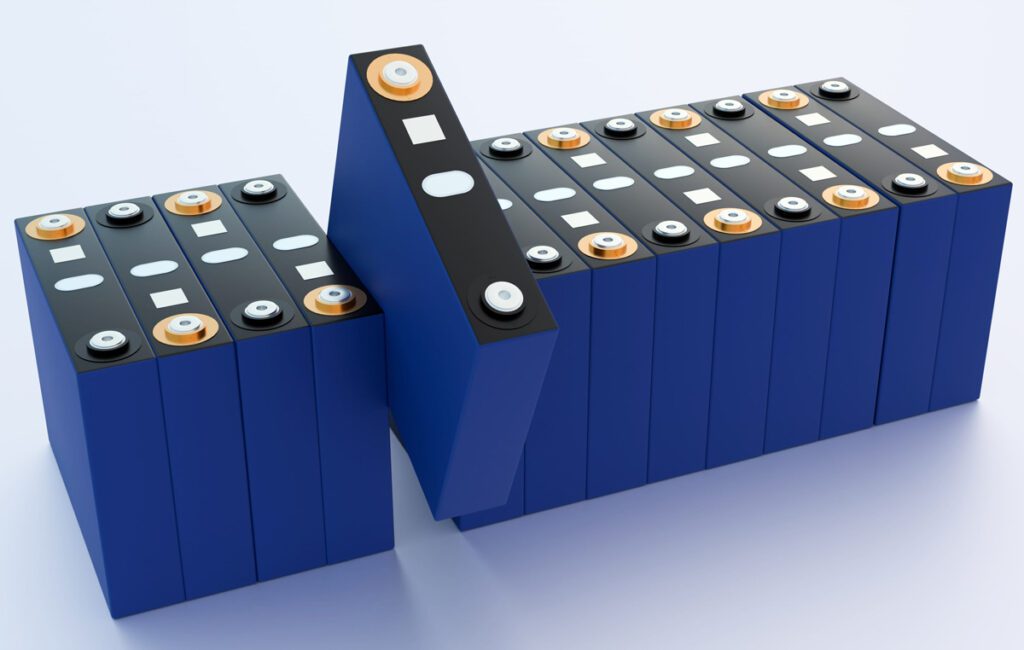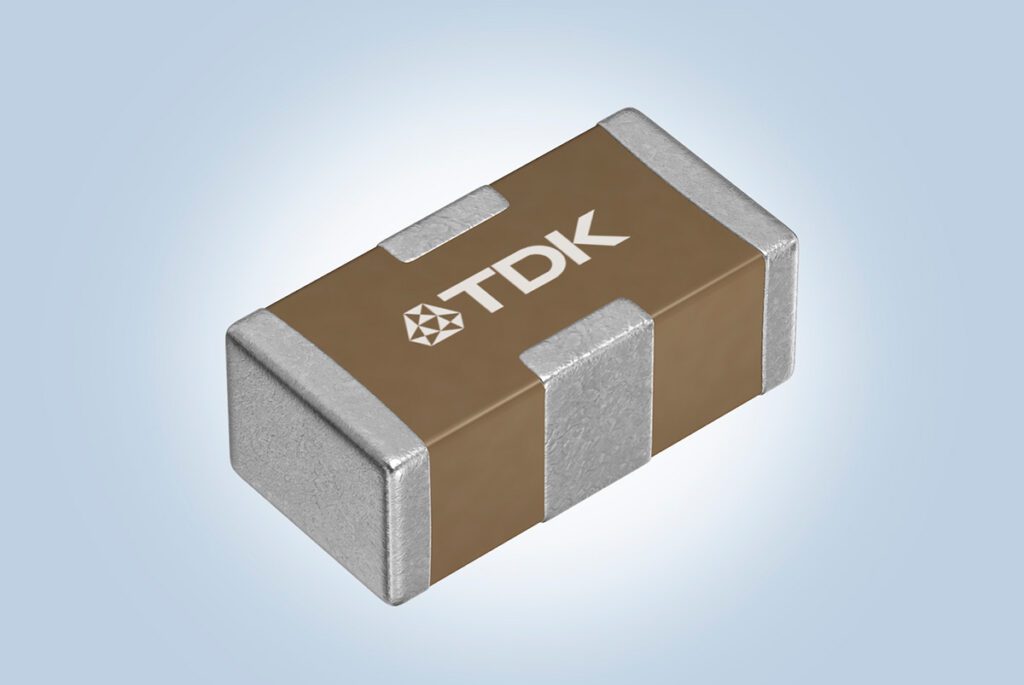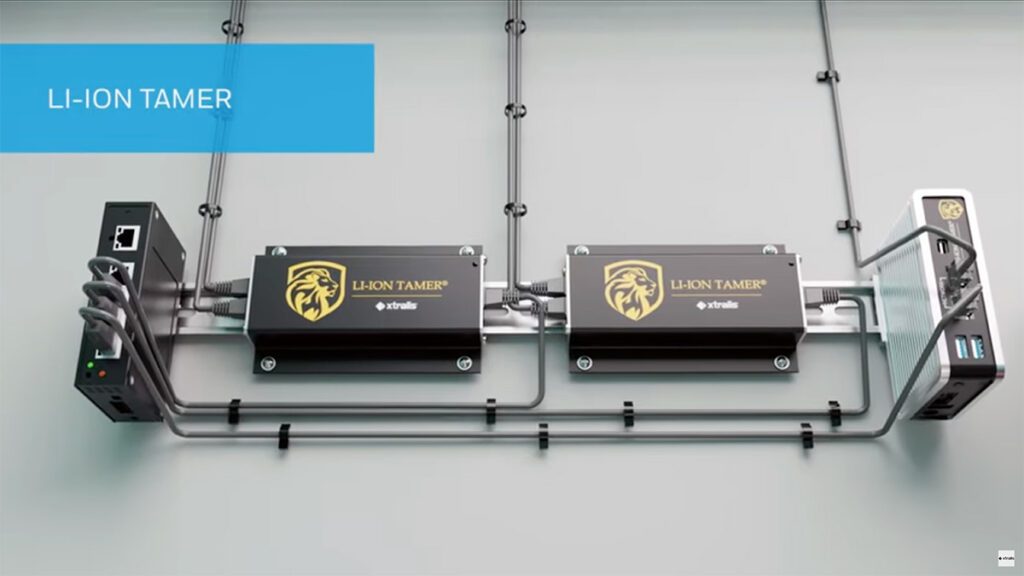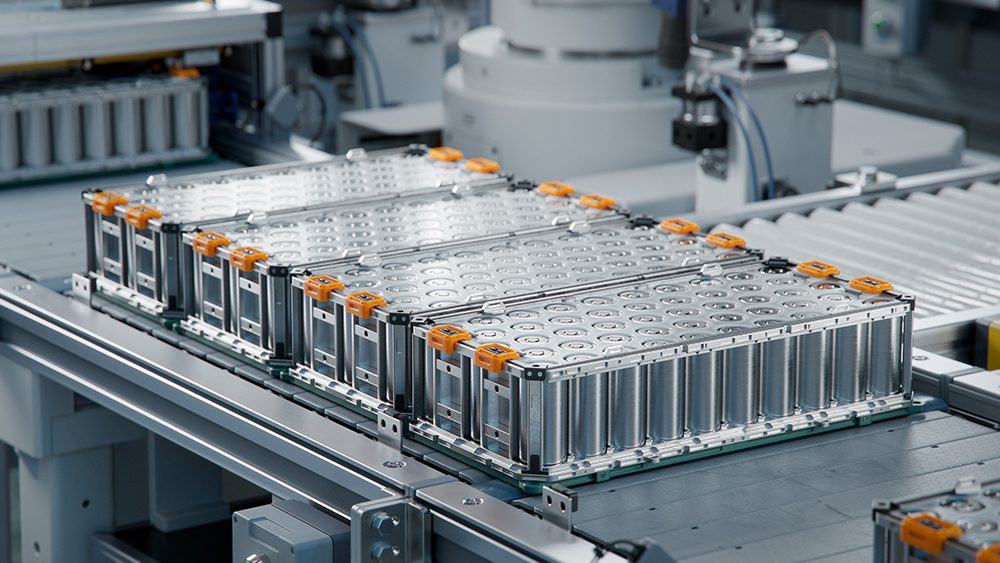Tesla has fired and sued a former employee whom it accuses of hacking its computer systems and disclosing company secrets to an unidentified third party. According to Tesla, Martin Tripp, a former technician at the Nevada Gigafactory, stole confidential photos of manufacturing systems and gave journalists false information about the company.
Tesla has hired lawyer John Hueston, who was part of the team that prosecuted Enron (ironic, in light of anti-Tesla writers’ penchant for comparing the company to Enron). The company’s legal team has asked for a court order to inspect Tripp’s computers and correspondence. Elon Musk claimed in a tweet that the “saboteur” had already admitted to “pretty bad” misdeeds.
Earlier this month, Business Insider published a story claiming that Tesla had released Model 3s containing punctured batteries, and that its manufacturing processes generated excessive amounts of waste. Tripp has confirmed that he was the source for the story. Tesla refuted Tripp’s claims in detail in a statement to Ars Technica.
Tripp told The Washington Post that he should be considered a “whistleblower” who spoke out after seeing “some really scary things” at the Gigafactory. He denies the accusations of hacking, saying, “I don’t have the patience for coding.”
Mainstream press coverage of the issue has mostly followed the current anti-Tesla mood: Fortune, New York Magazine and The Guardian all referred to Tripp as a “whistleblower” in headlines, and Forbes editorialized at length about the way the deck is stacked against whistleblowers.
The EV press explored Tesla’s side of the story. Electrek noted that the issues Tripp is blowing the whistle on seem fairly insignificant. Jalopnik published a lengthy and balanced piece that raises some interesting questions about the motivations of the parties involved.
Things soon got weirder. Tesla said it received a phone call from a friend of Tripp’s who threatened to go to the Gigafactory and “shoot the place up.” The local sheriff’s office responded, and found “no credible threat.” Elon Musk indulged in a childish email exchange with Tripp in which each called the other a “horrible person.” (Musk later told that it was “probably unwise for me to have responded” to Tripp’s initial message.)
Musk warned employees to be “extremely vigilant” in a company-wide email, adding that “there may be considerably more to this situation than meets the eye…There are a long list of organizations that want Tesla to die.”
Tesla is not the first company in the new automotive industry to make allegations of industrial espionage. In February, Uber paid $245 million to settle a legal dispute with Waymo over the alleged theft of trade secrets.
Sources: The Recorder, Business Insider, The Guardian, The Washington Post, Jalopnik, Ars Technica, Electrek, CNBC






